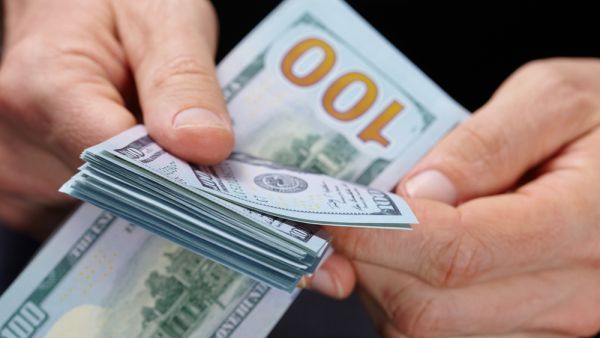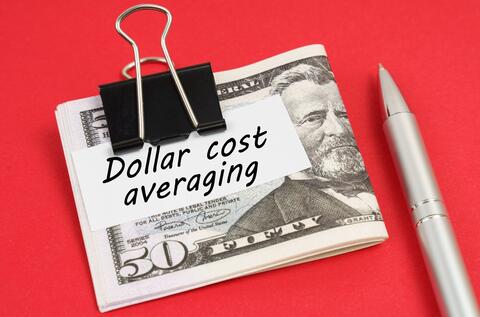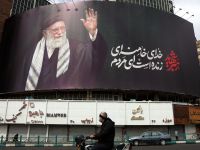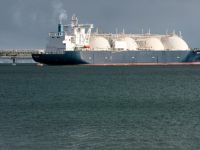Sponsored Content
For many emerging economies around the globe, the US dollar holds an outsized position in daily economic and political developments. The US dollar is, by any measure, the world's global reserve currency. It is the unit of international trade, that virtually all MENA countries use to pay for high-value exports.
It is also the currency that the region's largest oil producers - such as Saudi Arabia - accept as payment for their most valuable natural resource. Let's take a closer look at exactly why the Dollar matters so much to the Middle East, and whether this will remain the case in the future.
Source: Unsplash
Black gold
One of the most important reasons can be summed up in a single world - petrodollars. Petrodollars are not an actual currency, but a unit of measurement used to describe US dollars that have been used to buy oil exports.
As a term, it describes aptly the near-total reliance on major oil exporters such as Kuwait, the UAE, and Saudi Arabia on the US Dollar, which is nearly always used as payment for their own most valuable export - crude oil.
This is partly due to the Dollar's dominance as the global reserve currency, which makes it the most convenient store of value in the global oil market. It also helps that the US is the largest customer for Middle Eastern oil by far.
Native currency value
The value of the dollar has a huge impact on the value of Middle Eastern currencies globally. Nearly all major Middle Eastern currencies are pegged to the dollar, meaning its fortunes have a direct impact on the value of Riyals or Dirham in your bank account.
If the dollar is weak, non-oil exports become more competitive. If it is strong, oil prices fall, meaning fewer revenues for MENA oil exporters. For countries such as Lebanon or Jordan, which rely heavily on imports for pretty much everything, a strong dollar makes those imports much more expensive.
In this way, the value of your native currency relative to the dollar can be good or bad, depending on who you are and which way you look at it. What's clear is that a stronger dollar is worse for Middle Eastern countries that rely most heavily on oil exports to finance their economies.
Source: Unsplash
Global sentiment
In order to understand the role of the US Dollar in the Middle East, it is important to know the role of global sentiment on currency prices. Poor global sentiment and fears of a downturn will push the value of the Dollar up as investors flood to the "safe haven" global reserve.
This may correspond with a fall in the value of some Middle Eastern currencies. As this guide to forex trading investment explains, the foreign exchange market oversees $5 trillion worth of exchanges per day. Speculating on currency is one of the major pillars of the finance market, with all of the major currency pairs, including the US Dollar.
Now, with anyone able to trade and speculate on forex markets at home, general economic sentiment is likely to have a greater impact on the value of the dollar relative to Middle Eastern currencies than ever before.
No matter where you are in the Middle East, the dollar matters to you. While this might change in the future, it will remain the case in the near term.









